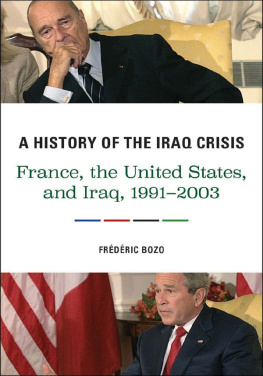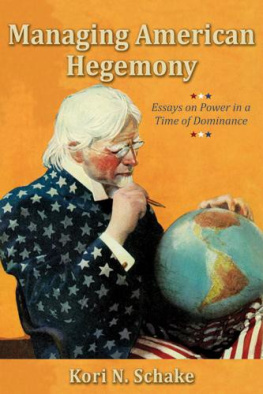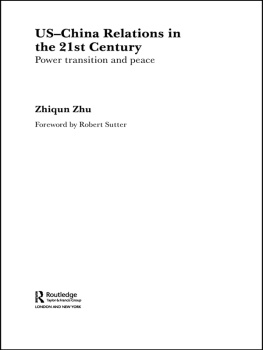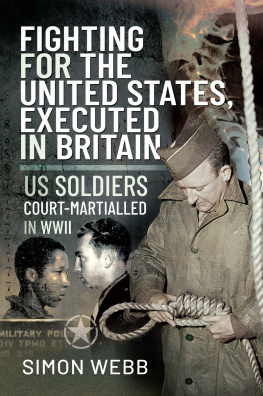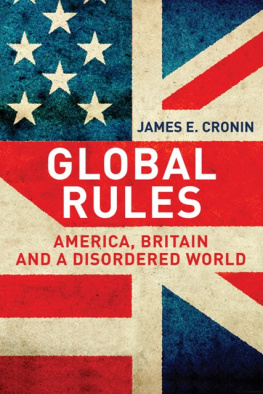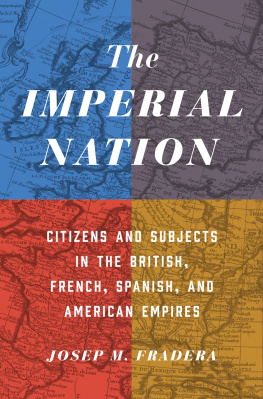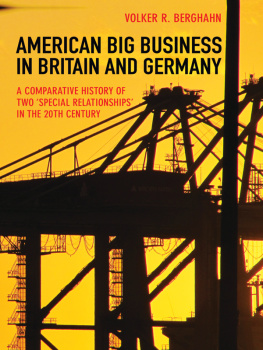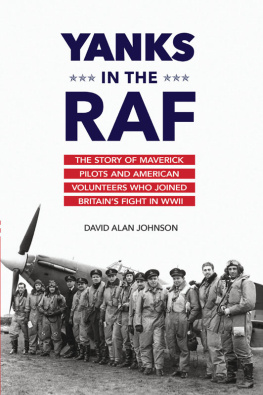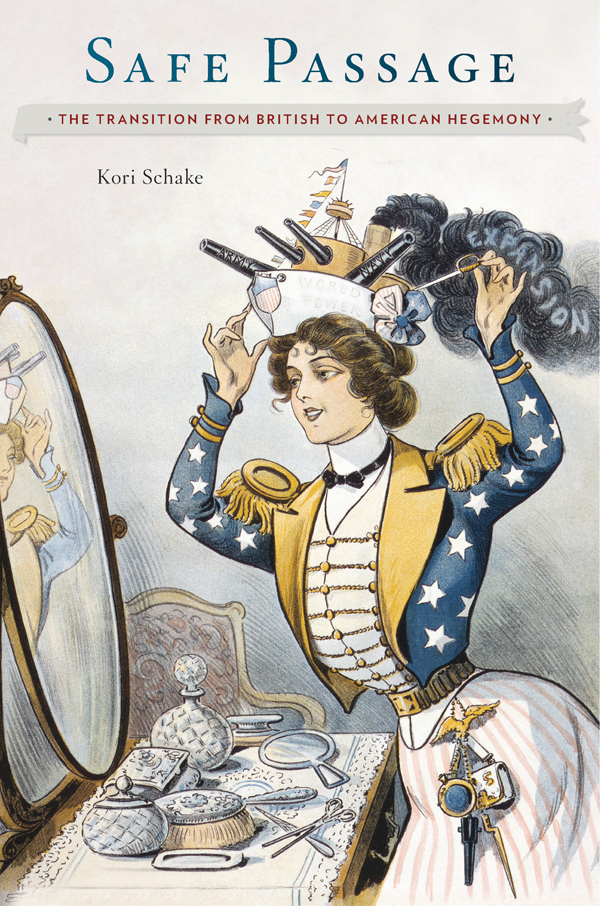Contents
Guide
Pagebreaks of the print version
SAFE PASSAGE


THE TRANSITION FROM BRITISH TO AMERICAN HEGEMONY
Kori Schake


Cambridge, Massachusetts
London, England
2017
Copyright 2017 by the President and Fellows of Harvard College
All rights reserved
Jacket design: Lisa Roberts
Jacket art: Columbias Easter Bonnet by S. D. Ehrhart after sketch by Louis Dalrymple, 1901. Courtesy Library of Congress.
978-0-674-97507-1 (alk. paper)
978-0-674-98107-2 (EPUB)
978-0-674-98108-9 (MOBI)
978-0-674-98106-5 (PDF)
THE LIBRARY OF CONGRESS HAS CATALOGED THE PRINTED EDITION AS FOLLOWS:
Names: Schake, Kori N., author.
Title: Safe passage : the transition from British to American hegemony / Kori Schake.
Description: Cambridge, Massachusetts : Harvard University Press, 2017. | Includes bibliographical references and index.
Identifiers: LCCN 2017013637
Subjects: LCSH: Peaceful change (International relations) | Great powers. | United StatesForeign relationsGreat Britain. | Great BritainForeign relationsUnited States.
Classification: LCC D31 .S348 2017 | DDC 327.1/140973dc23
LC record available at https://lccn.loc.gov/2017013637
In memory of a wonderful teacher, Tom Schelling
One held ones breath at the nearness of what one had never expected to see, the crossing of courses, and the lead of American energies.
Henry Adams, 1892
Contents
HEGEMONY IS THE ability to set the rules of international involvement, and to create order among states by enforcing those rules.
What was it about Great Britain and the United States, or the way the international order itself was changing, that made the passage of hegemonic power between the two nations peaceful? What might that illuminate about future hegemonic transitions? To answer those questions, this book focuses on nine moments in time: the establishment of the Monroe Doctrine; the Oregon Boundary Dispute; the recognition of the Confederacy; Americas westward expansion; the Venezuelan debt crises; the Spanish-American War; World War I; the 1922 Washington Naval Treaties; and World War II. They are each inflection points, events that demonstrate a changing understanding by one or the other government of the power and intentions of the other. As the only peaceful transition between global hegemons since the nation-state came into being, the peculiar nature of the transition from British to American hegemony may illuminate specific characteristics that make for pacific passage among rising and declining powers or may suggest ways the international order itself changed.
The transition from Britain to America was peaceful because at that crucial time, America became an empire and Britain became a democracy. As a result, both states came to view themselves as akin to each other and different from others. As challenges arose in the form of diminished fluidity of continental balancing by European powers, emergence of reliable land transportation eroding the value of sea control, Germany becoming unified and economically dynamic, and the British public inwardly focused on the social and political consequences of industrialization, Britain made a fundamental choice that its interests were so closely aligned with Americas that it could encourage an activist American foreign policythat, in effect, American power could be harnessed to British interests. Their power relative to each other became less important than their cumulative power relative to other states.
Britains gamble on a rising America succeeded spectacularly in the short term for solving Britains strategic dilemma in underwriting its commitmentsmost importantly in providing the margin for victory in World War I. Yet once America became the hegemon, it was no longer willing to accept the rules of order that Great Britain had established. A dominant America envisioned an international order that would be a macrocosm of its domestic ideology and arrangements. In the American order, Great Britain would not retain the unique status it held in transition, because empires would end and Britain would no longer be the only democratic American ally. America would establish new rules and impose them on Great Britain.
America now faces challengers to the international order of its makingin particular, the rise of China. The experience of the passage from British to American hegemony suggests that a peaceful transition from American to Chinese hegemony is highly unlikely. The passage was testy and contingent even between two countries with many more commonalities. If this earlier transition is illustrative, hegemony with Chinese characteristics will not hew to the rules of order established by the United States. Instead, should it become the hegemon, China will project onto the international order its own domestic ideology, just as America has.
At the inception of the hegemonic transition, Britain viewed itself as a liberal government and the United States as reckless usurper, an irritant and danger to the rules-based order Britain had established. It neither sought nor would welcome a strong America activist in the international arena. And the United States viewed Britain with an especial hostility, having fought it twice and defined its sense of itself as a nation in contravention to Britain.
Over the course of a centuryalmost exactly a centuryboth nations and their perceptions of each other changed. The debate within Britain about political liberalization revolved around the American experience, both as hope and as cautionary tale.
Britains search for partners occurred just as the United States began uncharacteristically behaving as a traditional great power. America was in some cases a reluctant colonizer (Cuba), and in others an enthusiastic one (Hawaii), but it had given cause enough for the British government to believe Americas desire for influence and need for open markets could dovetail with Britains interests.
And those interests did dovetail for the crucial years of passage from Britain leading the international order to America replacing Britain in that role. A more democratic Britain and a more internationally engaged America felt similar to each other and different from other states. More than an alignment of interests, there also grew an affectionate regard between the governments and between the publics of Britain and America, a giving of the benefit of the doubt to each other that was not granted other states. Charles Campbell notes that if a more democratic Britain had greater appeal for the ordinary American, the United States no longer seemed a subversive rabble-rousing republic to upper-class Britons. Their national identities, if not collective, overlapped to a much greater extent than either perceived they did with other countries. Britain materially assisted Americas defeat of Spain in 1898 and supported American expansion across the Pacific. America became the enforcer of Britains interests in the Caribbean and reinforcer of Britains side in World War I. Ostensibly neutral, Britain and the United States were considered by their adversaries to be allied.


